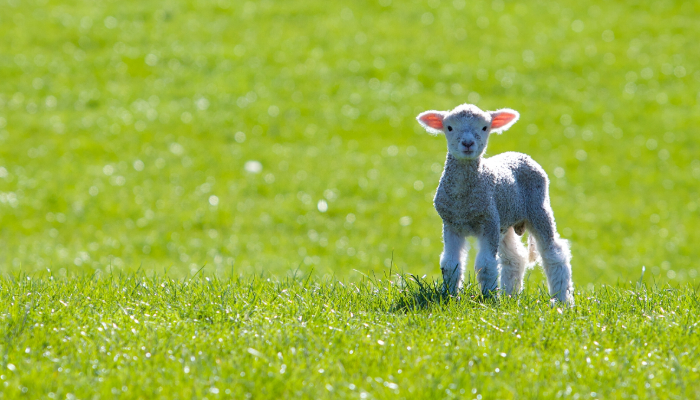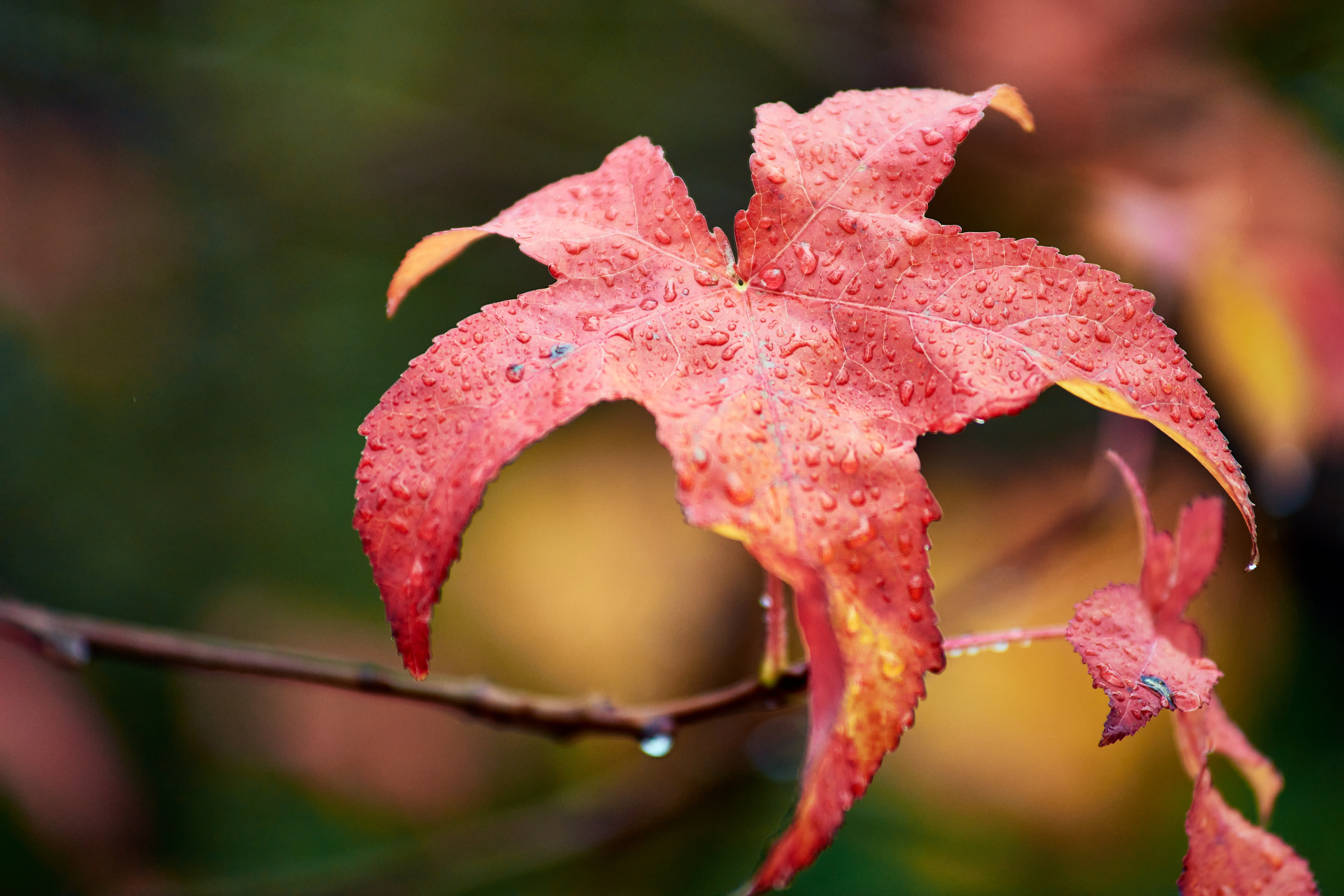Weather
Where can I find information about weather?
(Years 5-8)

Image: Weather pics by MhayesLITT on Flickr.
Entry last updated: 10/07/25
Introduction
Weather describes the condition of the air at a particular time and place. It is made up of different things such as wind direction, wind force, precipitation (rain, snow, sleet, or hail), temperature, sunshine, visibility and cloud. Weather is a big part of our lives as it affects many things we do, from the clothes we wear and how we travel, to the food we eat and where we live. This entry gives you a list of words, general websites, New Zealand websites and books about weather.
Weather words
Here are some words you may come across when learning about the weather. You will find more weather related words on the websites provided in this entry.
Clouds: A collection of tiny water droplets or ice crystals that float in the sky.
Cyclone: A large tropical storm where the air goes round and round. They are known as a hurricanes or typhoons in other parts of the world.
High Pressure System: A mass of cool, dry air that usually brings fine weather and light winds.
Lightning: A large, hot spark of electricity produced by thunderstorms.
Low Pressure System: A mass of warm, moist air that usually brings stormy weather with strong winds.
Rain: Water droplets that fall from the clouds.
Snow: White ice crystals that fall from the clouds when the temperature is very low.
Sunshine: Heat and light produced by the sun.
Temperature: A measurement of how hot or cold the air is.
Thunder: The sound that comes after a flash of lightning.
Tornado: A type of storm where strong rotating winds form a column which reaches from a cloud down to the ground.
Troposphere: The lowest layer of the Earth's atmosphere. This is where we live and where weather is.
Wind: The movement of air caused by the uneven heating of the earth's surface by the sun.
General websites
Did you know, about 2,000 thunderstorms rain down on Earth every minute? You can find other facts similar to this, on the following websites.
This is one of the EPIC resources which is a collection of reliable databases that have some really good information on all sorts of topics including the weather. You will need a school password from your librarian to you could chat with one of our AnyQuestions librarians between 1 and 6 pm from Monday to Friday.
Choose the Primary level (you can always change the level later if you need to).
Enter the keyword 'weather' into the search bar.
Go to Weather to read about the elements of weather and weather instruments.
Tips: Search words, or keywords, are the most important words in our question. Usually it’s better to leave out small words like ‘the’, ‘a’ and ‘of’ and just choose the main ones, eg weather. We can always change our keywords or add more if we need to.
This EPIC resource has easy to understand information along with lots of pictures and videos for primary school students.
Go to Browse Topics from the tab at the top of the page.
The topics are listed alphabetically, so look under W for Weather.
You will find quick facts, articles, videos and images.
Related Topics, at the end of the page, has links to droughts, rain, snow, thunderstorms and weather forecasting.
Tips: To use the EPIC resources, you need a password from your school librarian. Or chat with one of our AnyQuestions librarians to help you online. Some EPIC databases may also be available through your public library.
This website made by NASA and NOAA has great information about weather, satellite meteorology and earth science.
There are two ways to search this site:
Enter keywords like 'meteorology' into the search bar at the top of the page.
Or, look under Topics to learn about Atmosphere, Weather Forecasting and more.
Tips: A website’s address (URL) can give you a hint about how reliable it is. Look for addresses in the results that include .gov or .edu in the URL. These are quality sites from overseas government or educational organisations.
This website has been designed for children to help them learn about the weather. It includes information on a range of topics related to weather, natural disasters and experiments.
There are two ways to search this site:
Select the Weather tab at the top of the page and choose from the topics in the drop-down menu.
Enter a keyword into the search bar eg 'rain'.
Tips: Websites that have .com or .co in the address can have good information, but you need to assess how reliable it is. Check the About us link on the website, if you can find one. That can tell you what the company’s mission and values are.
This is an educational YouTube channel with short videos about lots of science topics.
Go to Playlists and find the playlist Earth Science: Earth's Spheres and Natural Resources.
Choose a video to watch like Severe Weather about extreme weather.
Keep in mind that they have a different word for cyclone. They call it a hurricane or typhoon.
New Zealand websites
The weather in New Zealand can be rather unpredictable. It could be wet and windy one minute, and warm and sunny the next. Below are some useful New Zealand websites that give you information about the weather in New Zealand.
Te Ara: The Encyclopedia of New Zealand
Te Ara is an excellent starting point for all questions about Aotearoa New Zealand. If we look down to the bottom of the page, we can see that the website belongs to the Ministry for Culture & Heritage, so the information is well-researched and reliable.
Enter the keyword 'weather' into the search bar at the top of the page.
This will bring up a range of results to do with the weather in New Zealand such as Weather, Weather forecasting and Tāwhirimātea – the weather.
Tips: If you would like to find images or videos about weather, go to the Images & media filter on the left hand side of the page.
This website has the latest New Zealand weather forecasts and provides information about tides, snow reports, radar maps and New Zealand weather maps.
Choose the name of a city eg Auckland or Wellington on the map.
This will take you to a page that provides detailed information about the weather, temperature, wind speed etc. in that area.
Or to see what extreme weather events are happening in New Zealand go to Warnings to explore them on a map.
Tips: Some websites have advertisements (or ads) which ask us to buy something or tell us to ‘click here’. It’s best to ignore these ads and focus on the information we’re looking for.
Funded by the New Zealand Government, the aim of this national project is to make science, technology and engineering information available for school students and teachers.
Go to Topics from the top of the page.
Look down the page to the topic of Weather.
There are articles and videos to choose from.
Watch the video Snow to ice or read the article Observing clouds and weather.
Tips: Websites that have .org or .net in the address can have good information, but you need to assess how reliable it is. Check the About link on the website, if you can find one. That can tell you what the organisation’s mission and values are.
Books
There have been many books written about the weather — check out your local public or school library to see what they have. Some suggestions are:
The weather book by Steve Parker
Weather by Caroline Harris
Extreme weather by Margaret Hynes
Weather or climate? by John Lesley
Living with weather by Robin Birch.
SCIS no: 1857311



